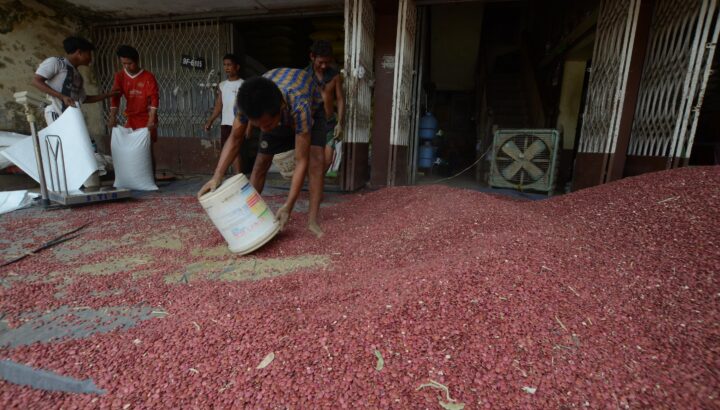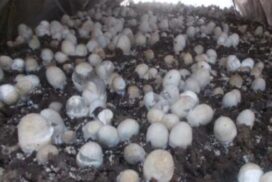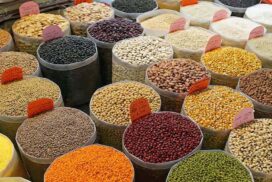According to Myanmar Pulses, Beans and Sesame Seeds Merchants Association (MPBSSMA), cultivation of the black beans and pigeons, which are the pulses mainly exported to India, has been reduced this year because of uncertain market condition.
Although Myanmar produced about 700,000 tonnes of black bean in the previous years, the country manufactured only 300,000 or 400,000 tonnes of bean this year because the black bean cultivation acres have been gradually reduced.
The pigeon pea yield was annually around 300,000 tonnes in the previous years, a drop to 40,000 or 50,000 tonnes this year.
“Earlier, around 300,000 tonnes of pigeon pea were produced. Now, the local growers from regions and Shan State have replaced maize and other crops with pigeon peas,” said an official from MPBSSMA.
Since 2017, India has been setting import quota on beans, including black beans and pigeon peas.
Myanmar has to export black beans and pigeon peas under a quota system and a limit period.
Consequently, there is no guarantee that we could get the prevailing market price next year; the market observers shared their opinion.
The Ministry of Commerce and Industry of India issued 150,000 tonnes of import quota for black beans on 1 October. And those who have export licences in Myanmar have the chance to do so until March 2021.
Currently, Myanmar has already exported nearly 100,000 tonnes of black beans. The remaining 50,000 tonnes of beans will continuously be exported, according to MPBSSMA.
Following the no assurance of black beans and pigeon peas in the market, the association suggested on the end-October that the local farmers grow black-eyed beans more. —NN/GNLM














